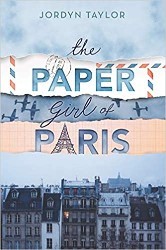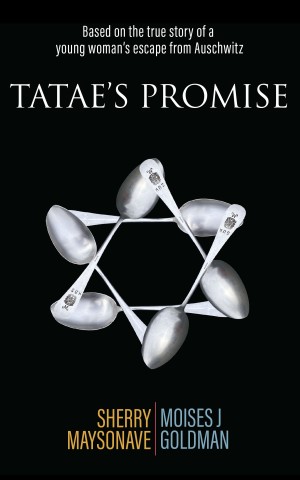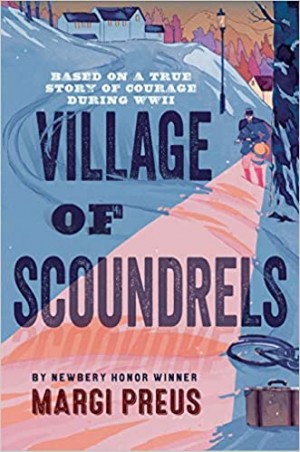Early in his novel based on his own experiences as a Jewish inmate of the Auschwitz death camp, Otto B. Kraus observes that “there is no such thing as the Holocaust of six million but rather six million separate Holocausts, each different from the other, each with its own suffering, fears and scars.”
With poetic precision, Kraus seeks to convey his characters not as a mass of victims, but as individuals whose experiences are difficult to encapsulate in language. The ruthless honesty of the story is the only possible response to questions that have no answer: why have Jews been historically the targets of persecution? How can people make moral decisions under threat of death? Can political, religious, or philosophical belief systems survive in the utterly degrading world of Auschwitz?
In a moving introduction, Kraus’s widow, Dita, describes the real story behind her husband’s book. (Dita Kraus’s own experience was the basis for Antonio Iturbe’s novel The Librarian of Auschwitz.) Kraus survived the infamous children’s block of the camp, which was built by the Nazis to deceive outside observers, such as the Red Cross officials (who had been easily convinced that Theresienstadt was a “model camp” where prisoners were treated humanely). Although some of the children were victims of Josef Mengele’s experiments, and all were murdered within months of their arrival, they were nevertheless granted certain minimal privileges and were mentored by adult “counsellors” during their time on the block. Dita Kraus explains that most of the novel’s characters were based on composites of different people, and that the central character, counsellor Alex Ehren, along with his diary, were inventions of the author.
This diary is a secret document in which Ehren and other prisoners record their thoughts, so that they “wouldn’t vanish from human memory, like a word torn away by the wind or a letter written on running water.” Ehren learns that the Nazis plan to liquidate the block on a specific date not far in the future, yet he has some hope that an uprising may change the course of events, or that some prisoners will be sent to forced labor camps. A few of his fellow inmates remain attached to their religious beliefs, while others believe that Zionism will prevent deadly antisemitism in the future. Communists hold that class struggle and revolution will render ethnicity irrelevant and remove any stigma from being Jewish. The perennial discussion of why so much of the world hates Jews is “a hydra of a question.” Are they punished for having introduced the moral demands of the Ten Commandments, the psychological insights of Freud, or Einstein’s exploration of the universe? Nothing can explain the tortured logic of mass extermination, nor the fact that camp guards can laugh and clap at the children’s puppet show before transporting the same children to the gas chambers.
Those children are at the novel’s core. While some adult prisoners collaborate with the Nazis by working as kapos, others try to help. The “counsellors” are forbidden to educate the children, although they may engage them in communal activities. The twisted logic of this rule leads to creative subterfuge: Zionists, communists, and religious prisoners assigned to the children’s block all attempt to bring some comfort to their young charges. Lacking books, some of the leaders recall stories from memory and create a carefully structured program to bring literacy through reciting these texts: “The teachers recalled novels they had read before they were taken to the camps. They prepared a list of books, which they would tell the children in daily installments.” Since the characters have been robbed of any opportunity to act, their dilemmas are almost entirely psychological. Ehren questions his misleading actions, meant to reassure the children, yet he feels compelled to continue his temporary defense of their innocence.
Readers of The Children’s Block are left with a sense of disbelief; although the facts of Nazi sadism are well-documented, Kraus’s intense descriptions remove any barriers between these facts and their reception. The author has undoubtedly accomplished the purpose of the hidden diary by bringing the prisoners to life in this remarkable book.
Emily Schneider writes about literature, feminism, and culture for Tablet, The Forward, The Horn Book, and other publications, and writes about children’s books on her blog. She has a Ph.D. in Romance Languages and Literatures.





